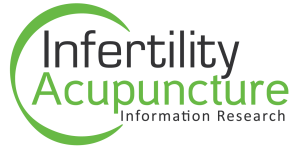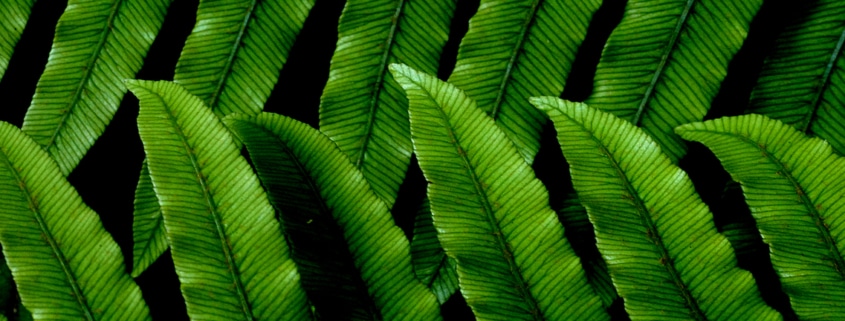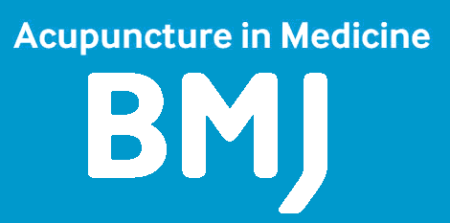IVF Frozen Embryo Transfer (FET) patients benefit from Acupuncture. This helps us understand how Acupuncture benefits fertility.
Electro stimulation on acupuncture points leading to the IVF transfer improves the quality/receptivity of the uterine lining. A study published in the latest issue of peer-reviewed British Medical Journal (Acupuncture in Medicine) found the rates of embryo implantation, clinical pregnancy and live birth rates were higher in patients who received acupuncture leading to the transfer. They also found significant measurable changes in the endometrium (uterine lining):
- Acupuncture improved the chances of triple-line pattern endometrial lining. It has been shown in studies that triple-line pattern is associated with good IVF outcome.
- Endometrial perfusion (blood supply to the uterine lining) is an important factor in the process of implantation. The study found greater endometrial and subendometrial vascularisation following a series of acupuncture treatments leading to embryo transfer.
- Acupuncture improved HOXA10 expression. Higher HOXA10 is associated with greater endometrial receptivity and good pregnancy outcomes. HOXA10 expression is lower in the uteri of women with hydrosalpinx, PCOS, and endometriosis.
How much acupuncture should you have to see those enhancements to your fertility? Women in this study had six acupuncture sessions per cycle for three menstrual cycles.
See the abstract of the study below. Read more




